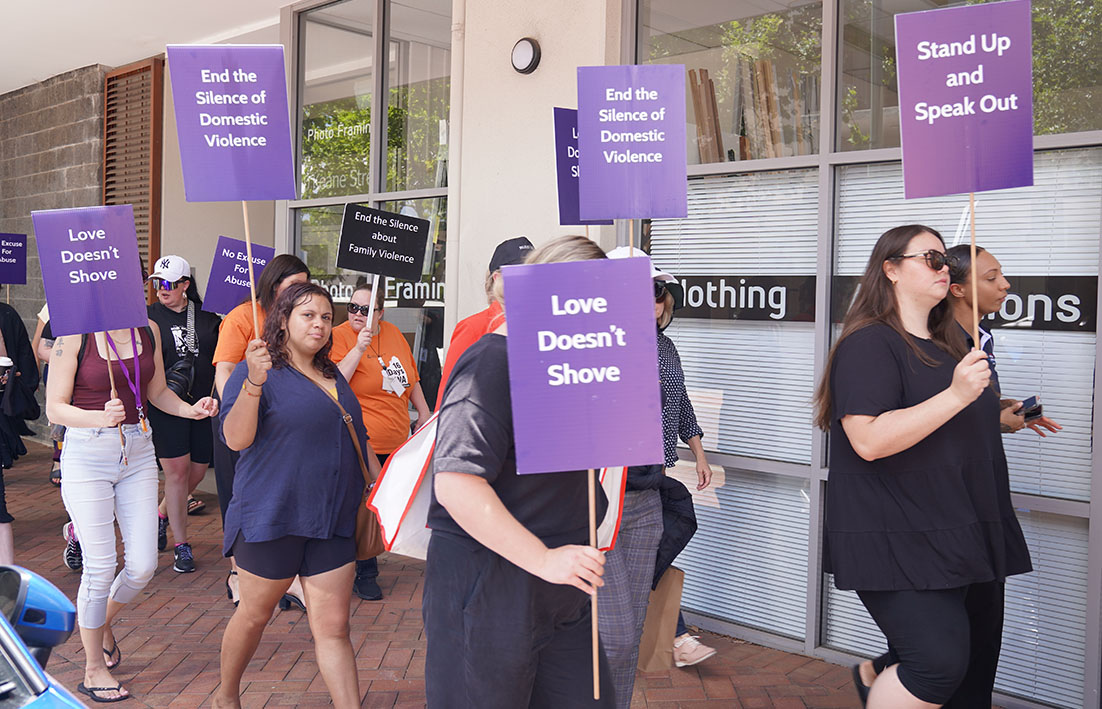
MIDLAND’S Indigo Junction was one of 10 community organisations to receive funding to boost access to counselling and advocacy services for family and domestic violence victim-survivors.
Indigo Junction received $356,000 to expand their domestic violence advocacy service over two years.
Historically Indigo Junction needed to refer women to external counselling providers which impacted the number of women accessing these services as some disliked connecting with multiple agencies or providers they didn’t know.
Indigo Junction chief executive officer Sharon Gough said women can now access specialised family and domestic violence (FDV) counselling services from within Indigo Junction’s suite of programs.
“This streamlines the experience and promotes improved access for the women we support,” she said.
“Indigo Junction is growing the FDV services we offer the community.
“We are now able to offer women streamlined access to counselling services that promote safety and healing from family violence related trauma.
“Indigo Junction is the specialist FDV provider in the Midland community and needs to keep pace with community demand for support.
“The additional funding will increase the number of women accessing counselling services that come through our doors.”
Ms Gough said the main focus for dealing with FDV in the Swan area through Indigo Junction was via prevention and early intervention.
“We recently received funding to provide specialised youth FDV education programs, case management and counselling services for young people in the City of Swan,” she said.
“The understanding of what healthy relationships look like and how to recognise behaviour that constitutes as coercive control and intimate partner violence is critical to stopping FDV.
“It’s not necessarily violence in the physical sense – it might be controlling behaviours.
“Actions such as compromising freedom and being possessive by intimidating or frightening people fall under that.
“Financial abuse and compromising financial security by how they behave is family and domestic violence.
“Shaming, humiliating and criticising people and causing them to doubt themselves and their self-worth is another example.
“It might be cultural or spiritual abuse where they stop their partners from speaking their language or practising their beliefs, and it can be the types of behaviours they choose to direct towards you in front of your children.
“The more we support the community to identify that that’s emotional and coercive control, the faster we can end this.
“It’s across the board, but particularly with young people, learning the signs and stopping the behaviours before they are exposed to it for an extended amount of time is the key.
“Early intervention is the best prevention.”
Ms Gough said the Swan community needs to understand that FDV is a whole of community responsibility.
“The change can only be made by everyone taking steps collectively to call behaviour out, and support both the victim survivors and perpetrators of family violence,” she said.